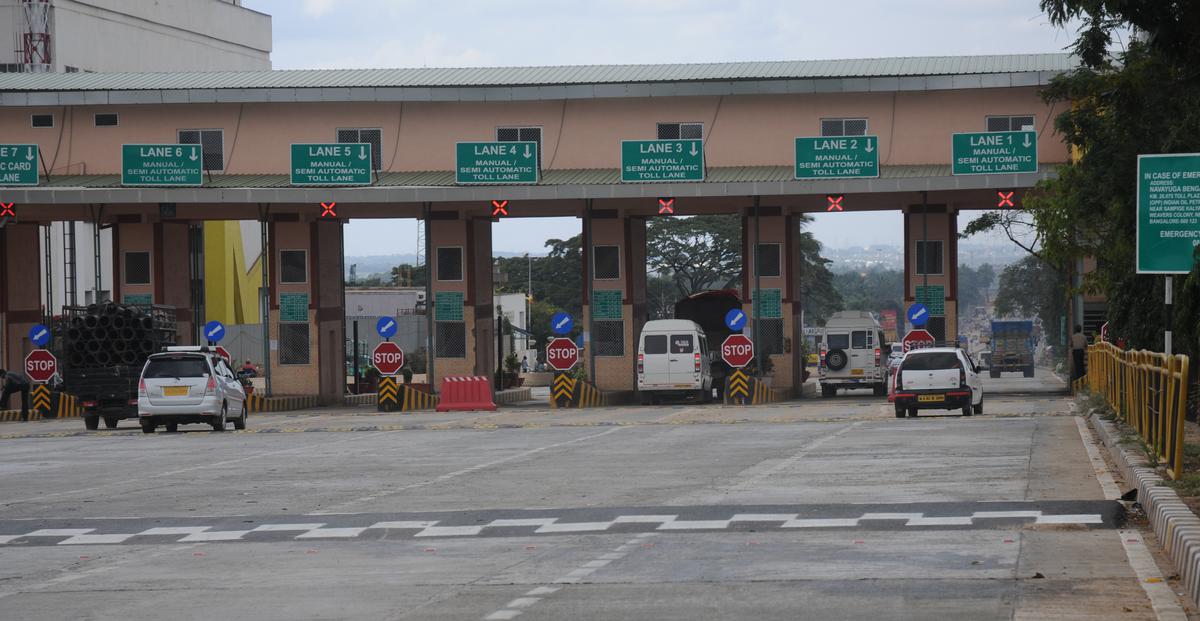
How InvITs work and generate their returns
The Hindu
Investors in an InvIT become part owners of its operating assets such as toll roads or power transmission lines, while in a stock IPO, they get to part-own the underlying business
The buzz around the recent bond offer from the National Highway Infrastructure Trust (NHIT) has led to a lot of curiosity about Infrastructure Investment Trusts or InvITs.
The Government of India too is increasingly using the InvIT route to monetise assets held by government entities, and bring in broad-based public shareholding. Should retail investors look at InvITs as a replacement for shares, fixed income instruments or something else? Well, InvITs are an in-between vehicle that have features of stocks, bonds and mutual funds. Before investing in them, it’s useful to know how they work and generate returns.
InvITs list on the bourses to raise money to acquire a portfolio of infrastructure assets that are already running and generating regular cash flows.
InvITs can own any assets capable of generating steady cash flows over time. Companies with listed shares are free to conserve their profits and reinvest it in the business, while holding back dividends. But under SEBI regulations InvITs are required to compulsorily distribute 90% of the income they earn every year to their unit holders.
This makes InvITs more suitable for income-seeking investors rather than growth-seeking ones. SEBI also caps the borrowing that an InvIT can take on to 70% of its assets. While investors in a stock IPO become part owners of the underlying business, investors in an InvIT become part owners of the operating assets it owns. InvITs may own their infrastructure assets directly or through arms called special purpose vehicles (SPVs).
InvITs globally tend to own many types of assets — warehouses, oil pipelines, power plants and roads.
But in India, the listed InvITs mainly own toll roads or power transmission lines. These assets generate toll collections or transmission fees which make up the InvIT’s distributable cash flows. Both shares and InvITs, once listed on the exchange, trade in the secondary market on a daily basis. Investors are free to buy or sell units of the InvIT at the traded price.

 Run 3 Space | Play Space Running Game
Run 3 Space | Play Space Running Game Traffic Jam 3D | Online Racing Game
Traffic Jam 3D | Online Racing Game Duck Hunt | Play Old Classic Game
Duck Hunt | Play Old Classic Game











